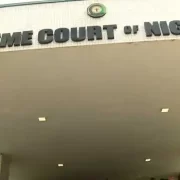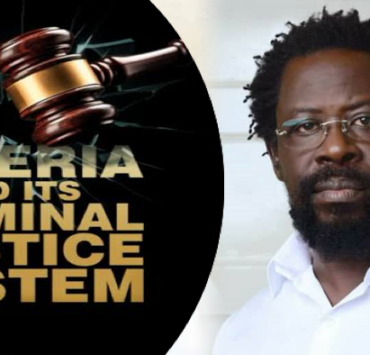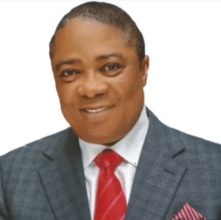Judgment Alert: Pro Bono Victory for The People of Kwara State at the Court of Appeal
Lawyard is a legal media and services platform that provides…
The Law Crest LLP (“TLC”) is pleased to announce a significant pro bono victory at the Court of Appeal, Ilorin Judicial Division, where we successfully represented The People of Kwara State (the “Appellant”) in Appeal No. CA/IL/30L/2024: The People of Kwara State v. Umar Babuga Beko. The appeal was filed to challenge the judgment of the Kwara State High Court, which had acquitted the Respondent, Mr. Beko, of culpable homicide punishable with death under Section 221 of the Penal Code Law. The case arose from the alleged murder of one Mohammed Beko, with the Appellant relying primarily on a confessional statement made by the Respondent,
among other evidence.
The High Court excluded the confessional statement and acquitted the Respondent, citing procedural irregularities. The Respondent’s counsel argued that the confessional statement was inadmissible because it was allegedly made in Hausa but recorded in English without the Hausa version being tendered in evidence. The counsel further contended that the Respondent only spoke Fulfulde, making it impossible for the statement to have been interpreted in Hausa. The Respondent also retracted the confessional statements during his testimony. TLC was granted a fiat by the Kwara State Government to prosecute the appeal on a pro bono basis.
At the Court of Appeal, TLC argued that the confessional statement was obtained in compliance with Section 33 of the Administration of Criminal Justice Law of Kwara State 2018 (“ACJL”), The statement was recorded in English, interpreted to the Respondent in Hausa (a language he had indicated he understood), and witnessed by a Legal Aid Council lawyer. The Respondent then appended his thumbprint to the statement, while the police officer and the lawyer signed as witnesses. TLC submitted that there is no legal requirement under the ACJL for a confessional statement to first be recorded in the vernacular before being recorded in English.
We further distinguished the judicial authorities relied on by the Respondent, arguing that the requirement to tender a vernacular version of a confessional statement does not apply when the police officer who interpreted and recorded the statement is called as a witness and subjected to cross-examination. More recent judicial authorities support this position. Additionally, we noted that the voluntariness of the confessional statements was never disputed, even when the Respondent testified, thus eliminating the need for a trial-within-trial.
TLC also contended that objections to the admissibility of a confessional statement must be raised immediately when the statement is tendered, not deferred until final written submissions. This procedural rule is crucial in criminal cases because objections to admissibility go to the competence of the evidence. By reserving the objection until the final address stage, the High Court should have disregarded the objection.
On the issue of language, TLC referenced the record of proceedings at the High Court to demonstrate that the Respondent understood Hausa. During arraignment, the charge was read to the Respondent in Hausa, and he pleaded not guilty in response. Additionally, the court consistently recorded that the Respondent spoke Hausa during the proceedings. These facts contradicted the High Court’s finding that the Respondent only understood Fulfulde.
The Court of Appeal, after re-evaluating the evidence, agreed with TLC’s submissions and found that the confessional statement was admissible. The appellate court further held that a conviction can be secured solely on a confessional statement, provided the statement is direct, positive, and voluntary, and does not require corroboration unless specifically mandated by law. The Court of Appeal also held that the High Court erred in excluding the statement and acquitting the Respondent. Consequently, the Court of Appeal allowed the appeal, set aside the judgment of the Trial Court, and restored justice for The People of Kwara State.
The People of Kwara State were represented by TLC’s litigation team, led by Partner Olatunji Muritala, with Associate Damilola Akande.
We remain steadfast in our commitment to justice, often extending our expertise on a pro bono basis to ensure fairness and equity in the judicial process.
Lawyard is a legal media and services platform that provides enlightenment and access to legal services to members of the public (individuals and businesses) while also availing lawyers of needed information on new trends and resources in various areas of practice.













